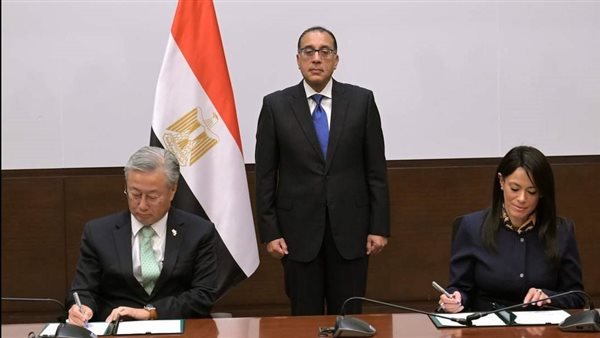
The new presidential period has a lot of work for all sectors of the state, specifically the industrial sector, which received most of the government’s attention to revive it again. I wonder what happened in the file of reviving Egyptian industry in the past period… and what the government wants to achieve in the coming days… stay tuned. Stay with us until the end and you will know the details.
There are many rumors that affected the state’s decision to annex the Ministry of Industry and Trade to the Ministry of Transport under the leadership of Lieutenant General Kamel Al-Wazir, who claimed that the decision came at the wrong time and that it is very difficult for anyone to know how to change the current situation in the industrial sector, especially since a large number of factories exist in Egypt. Unfortunately, it stopped working completely over the past few months due to the economic conditions that Egypt went through?
Ok, what is the government doing to advance the industrial sector?
The government received direct assignments from President Abdel Fattah El-Sisi to revive the industrial sector, which is currently considered the most important files on the Egyptian government’s desk, especially at the present time, when the whole world is witnessing changes that did not exist before.
President Abdel Fattah El-Sisi’s assignments to the government were about overcoming and removing all challenges facing the industrial sectors, localizing and encouraging local industry in partnership with the private sector, attracting foreign and Arab investments, and transforming Egypt into a regional industrial center.
In order to achieve the main goal of reviving the industry, the government decided to form the Ministerial Group for Industrial Development by decision of the Prime Minister, with the membership of the Ministers of Environment, Military Production, Electricity, Petroleum, Housing, Utilities, Urban Communities, the Public Business Sector, Investment, Foreign Trade, Planning, Economic Development, and International Cooperation, the Arab Organization for Industrialization, and representatives of the Ministries of Defense and Interior. Finance, the Central Bank, and Administrative Control. This committee meets weekly to follow up on the implementation of the national strategy for industrial development. During the past period, the committee held a large group of meetings and came up with a set of recommendations, the most important of which is developing the necessary strategies to advance the industrial sector.
The Ministerial Group for Industrial Development also completed the preparation of the national strategy for industry, which is based on preparing a plan to advance Egyptian industry. Indeed, President Sisi signed the plan and it was finally approved after discussing the items in it, which aims to increase the contribution of the industrial sector to the national product to 20% annually by 2030, raising the percentage of the green economy’s contribution to the gross domestic product to 5% in green industries, increasing job opportunities in the industrial sector from 3.5 million workers to 7 million job opportunities, developing the skills of workers in the industrial sector and reducing unemployment, and providing technical support to small factories and integrating them into the economy. This strategy will be implemented over 6 years, ending in 2030, and implementation will be in 3 stages according to the number of activities and executive programs in each stage.



